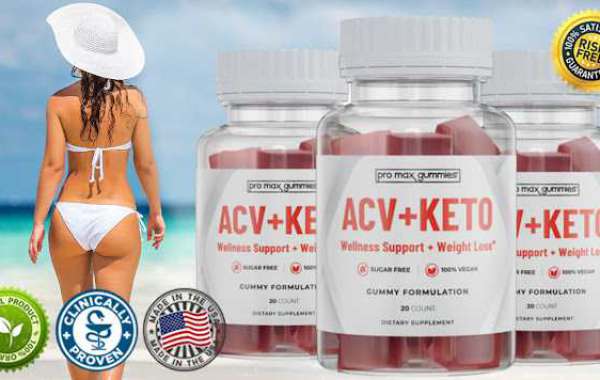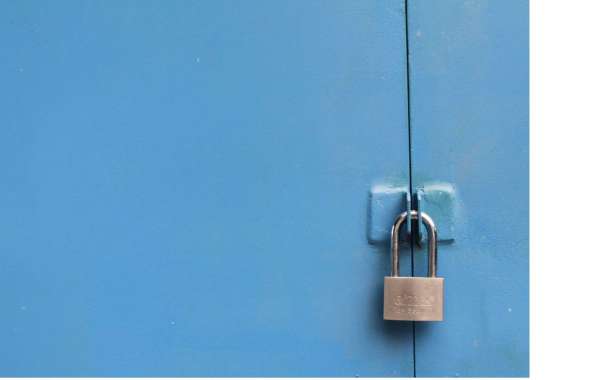Some of the most significant advantages of outpatient rehab for women are cost savings, lower medical costs, and easier insurance coverage. The outpatient model of treatment is also more convenient for many women, as it prevents isolation and keeps them close to friends and family. Most importantly, women who use drugs or alcohol can benefit from the high level of care that outpatient programs provide. This article will explore some of the other advantages of outpatient treatment.
Outpatient rehab is cheaper
Outpatient rehab for women is also cheaper than residential treatment. Women can remain in their homes and maintain a job while attending outpatient rehab, making it a more affordable option for many women. This method can help those with co-occurring mental illnesses recover from addiction. This treatment also provides women with the privacy they need to focus on their recovery. The following are some of the benefits of outpatient rehab for women. Read on to learn more.
Outpatient rehab for women is much cheaper than inpatient treatment. This type of rehab doesn't require a hospital stay and does not include a full staff of medical professionals. Patients are allowed to return home every day. They do not receive round-the-clock support like inpatient rehab. In addition to cost savings, outpatient rehab for women is also cheaper. Many women prefer the outpatient option because of the flexible schedule it provides.
Outpatient rehab is more likely to be covered by insurance
Many insurance policies cover outpatient rehab. However, the amount of coverage varies by health insurer and policy. If you do not have insurance, you may want to contact your insurer and see if they'll pay for outpatient rehab. Most companies will accept private insurance, and most offer financing options and financial aid for treatment. However, not everyone has insurance. Those who are uninsured should consider searching for free rehabs or low-income rehabs. In some cases, financing options are better than free rehabs.
While outpatient rehab is more expensive than inpatient rehab for men, some insurance companies offer a partial or full coverage option. Some insurance companies cover up to 80 percent of rehab costs. Other insurance plans cover 70 to 80 percent of the cost. Some insurance policies also cover partial day programs. Most insurance plans cover up to half of the cost of outpatient care. However, deductibles and monthly premiums tend to follow the same pattern.
Outpatient rehab offers a high level of care
Outpatient rehab for women offers a high level of care and flexibility for recovery. It provides plenty of resources and allows patients to participate more fully in their personal lives. Additionally, this type of treatment is more affordable than residential rehab and requires no overnight stay. Nevertheless, outpatient rehab for women has certain limitations. Read on to find out how outpatient rehab for women can help you get the treatment you need.
Outpatient rehab is the next step in treatment. This type of care focuses on a less intensive approach and is often a great option for those who are working, have families, or have other commitments. Furthermore, it allows patients to use new coping mechanisms in the real world. Outpatient treatment is great for people with busy schedules or those who want to continue their careers. Outpatient rehab is an option for women who need to continue their lives while recovering from addiction.
It helps women overcome barriers to treatment
While there are many benefits of outpatient rehab for women, some of the most significant obstacles are cultural, social, and emotional. Often, these barriers prevent women from successfully completing treatment or maintaining abstinence. These barriers can include language issues, social indifference, or lack of cultural competence among treatment staff. Lesbian women, for example, may have barriers to treatment engagement that include fear or distrust of treatment providers.
The social stigma associated with substance use by women is widespread and pervasive. The stigma and fear of social judgment can deter female substance users from seeking treatment. This internalized fear can cause some women to hide their substance use, limiting their chances of achieving sobriety. Therefore, outpatient rehab for women offers holistic approaches to treatment that aim to help women overcome these barriers. In addition, these programs are designed to help women overcome other barriers, such as financial constraints, which can keep women from completing treatment.








